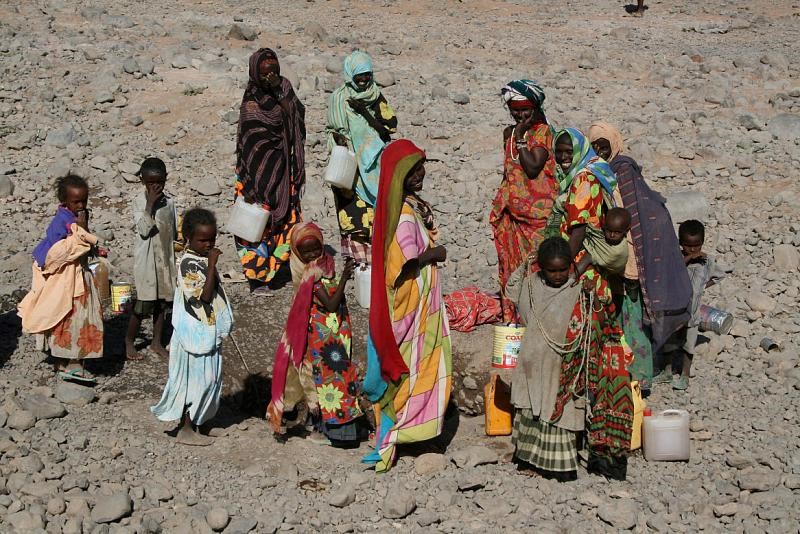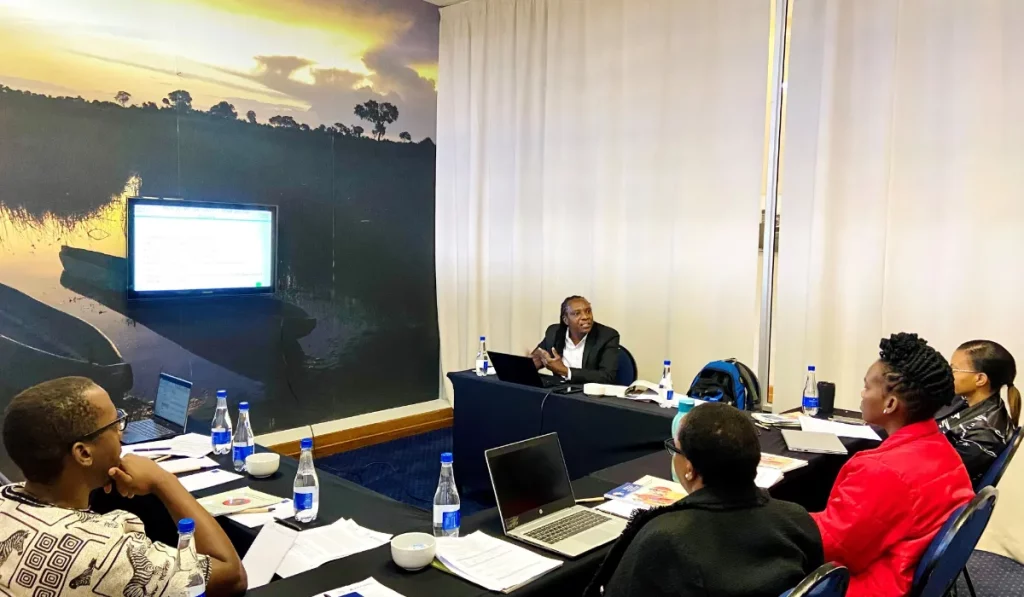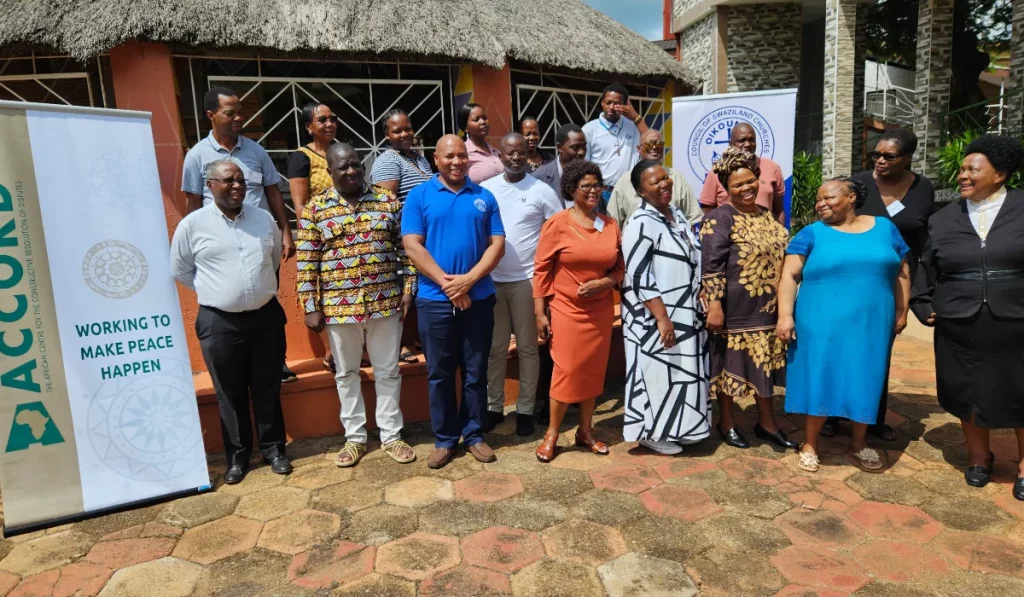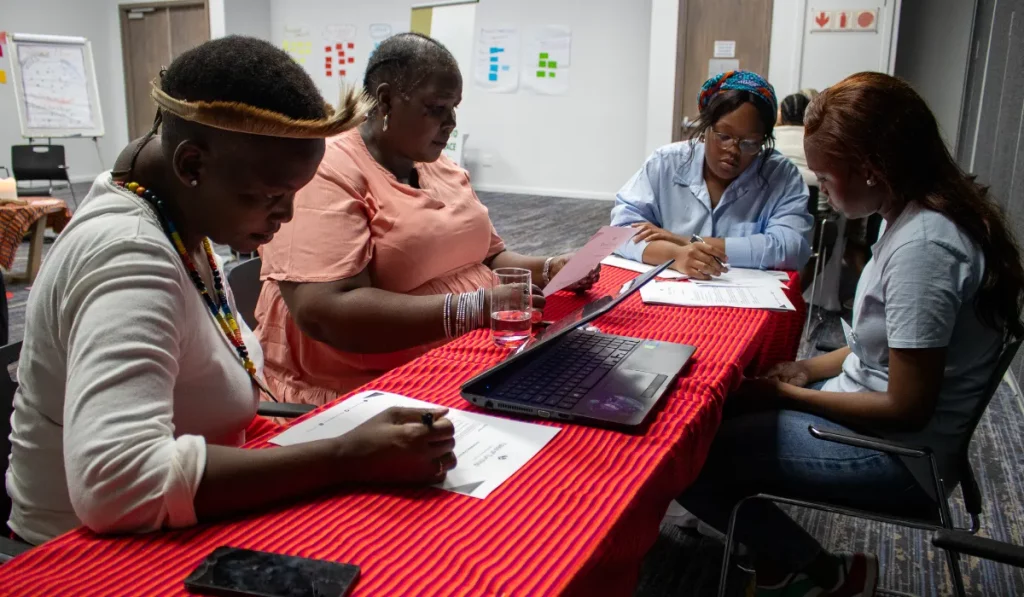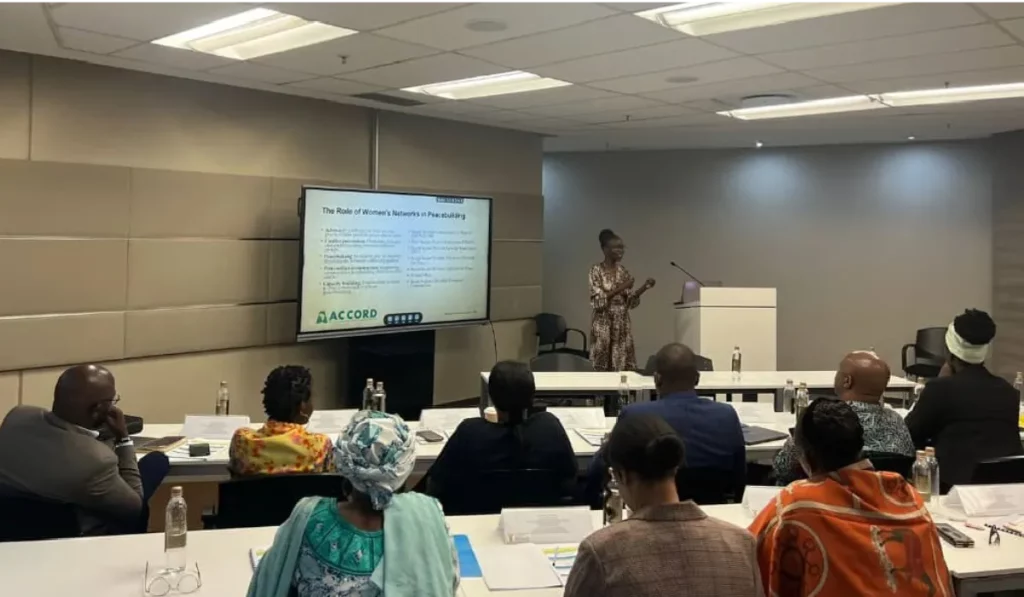On Friday the 15th of October 2021 ACCORD hosted a virtual Inter-Generational Dialogue (IGD) discussing climate change, peace and security in the Intergovernmental Authority on Development (IGAD) region. Together, policy makers, researchers and young climate activists, used the platform to build on their understanding of how climate intersects with peace and security, and unpacked IGAD’s process in addressing climate change as part of their regional peace and security concerns. An important aspect of the dialogue was the discussion around youth being at the forefront for lobbying for climate action. Youth will bear the brunt of the impact of climate change, hence sharing their perspectives, lived experience and proposed solutions should be taken into account when it comes to climate change, peace and security considerations.
Dr Cedric de Coning moderated the session along with ACCORD’s program officer Ms. Savannah Wilmot. The panellists included, Mr. Camlus Ouma Omogo, Director of IGAD’s Conflict Early Warning and Response Mechanism; Ms. Nisreen Elsaim, Chair of UN Secretary General’s Youth Advisory Group on Climate Change; Ms. Anab Ovidie Grand, Junior Research Fellow with the Peace, Conflict and Development Research Group at the Norwegian Institute of International Affairs; and Dr Guleid Artan, Director of IGAD Climate Predictions and Applications Centre.
While climate change is rarely the primary or sole cause of conflict, the changing climate exacerbates both conflict itself and the various environmental factors that make conflicts more likely. Conflict stems from elements that lead to poverty, inequality, and social unrest, aspects such as vegetation loss, which forces herders to seek new grazing lands, drought, which destroys crops, and adverse weather conditions that drive people from their homes. Developing resilience to the effects of climate change would be crucial to avoiding the triggers of conflict, both in the IGAD region and on the continent as a whole. As such, IGAD’s programming around agriculture, resource management, and peace and security is aimed at mitigating these vulnerabilities, which, when successful, also reduces the severity and frequency of conflicts.
This virtual dialogue was premised on the identification of climate change as a threat multiplier that should be taken into consideration when developing conflict prevention, mitigation and resolution strategies. Therefore, as ACCORD aims to increase knowledge, policy support and response to the drivers of conflict, ACCORD recognises that climate change considerations are crucial to maintaining peace and stability, both in the Horn of Africa and across the continent.

